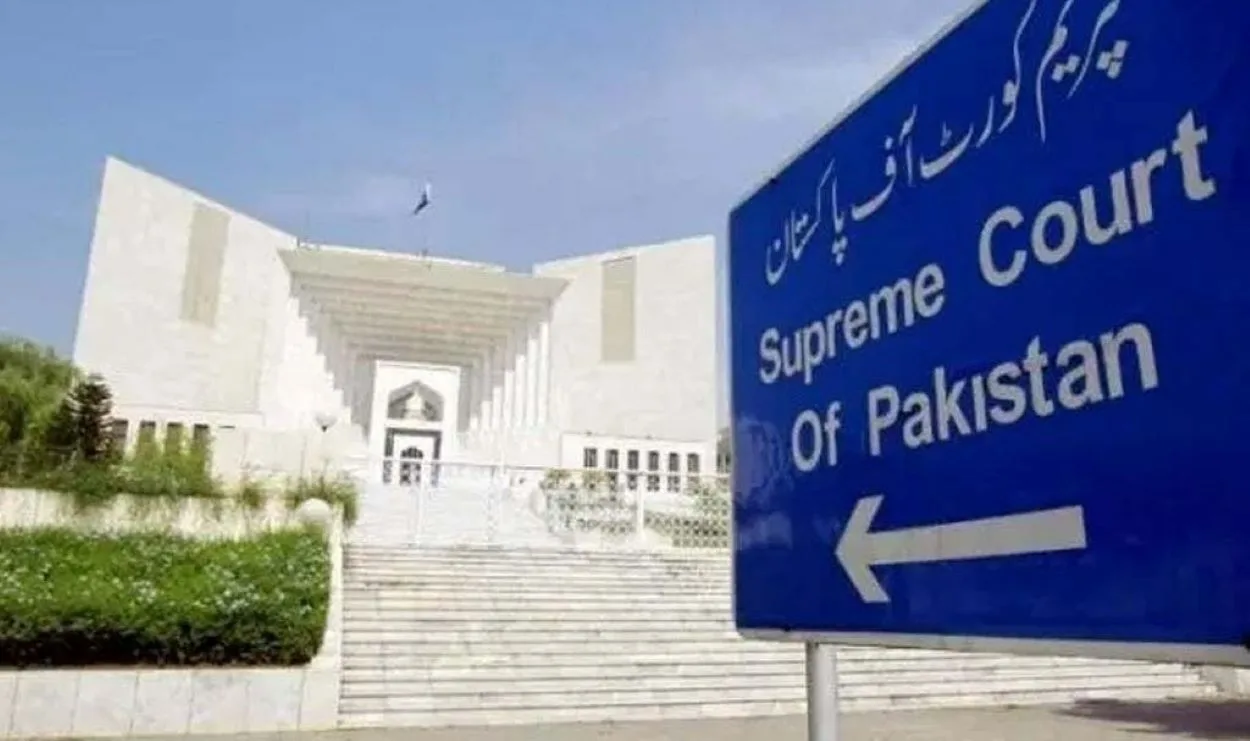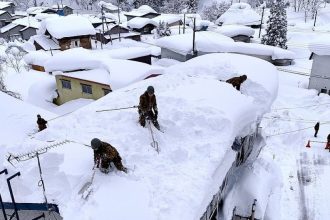In a pivotal moment, the Supreme Court endorsed the Supreme Court (Practice and Procedure) Act 2023 concerning the chief justice’s powers as “constitutional”, with a 10-5 majority.
The decision came after an intensive session, including five extended hearings, by the 15-judge full court. CJP Isa highlighted that five justices, including Justice Ijazul Ahsan and Justice Muneeb Akhtar, disagreed with the Act.
Notably, sub-section (2) of section 5, granting a right of appeal retrospectively, was found to be ultra vires the Constitution by a narrow margin of 8-7. On the other hand, sub-section (1) of section 5, allowing for a prospective right of appeal, was affirmed by a 9-6 majority.
Intricacies of the Act
The newly sustained law transfers the authority to take suo motu notice from the chief justice alone to a three-member committee of senior judges, fostering more transparent processes. When it comes to forming benches for cases, the Act mandates the involvement of a committee, including the CJP and the two most senior judges.
In cases where constitutional interpretation is needed, the Act stipulates that a bench of no fewer than five apex court judges be formed. Moreover, any appeal against a verdict by an apex court bench under Article 184(3) has to be made within 30 days, with hearings set within 14 days after that.
The Act also provides rights for parties to choose their counsel for review applications and asserts that applications indicating urgency will be heard within 14 days of submission.
Point of Contention
However, a bone of contention remains. The law intended to offer the right to appeal retrospectively for orders made under Article 184(3) before the Act’s inception. The court struck down this aspect, emphasizing the limited scope of the Act’s retroactive applicability.






